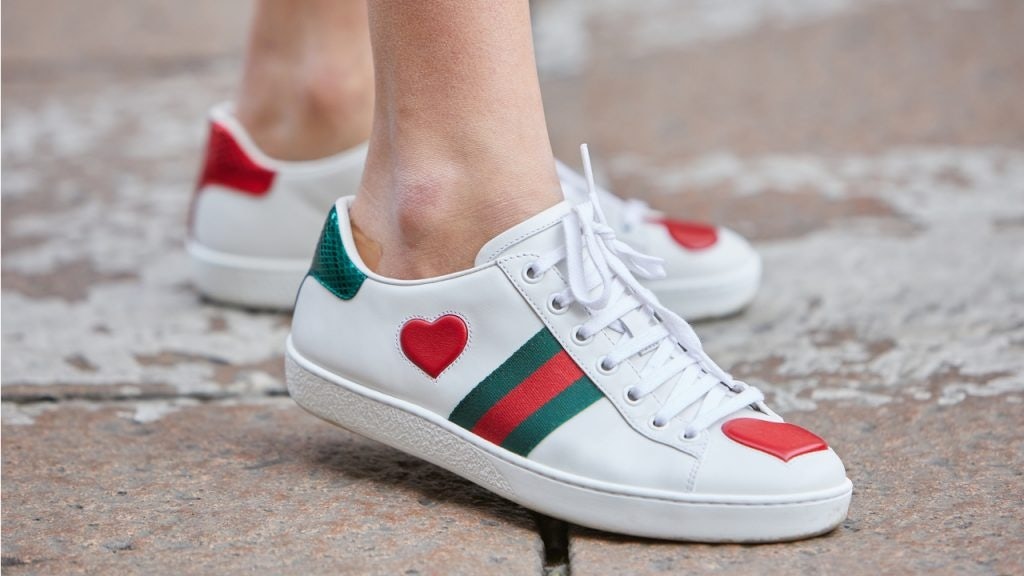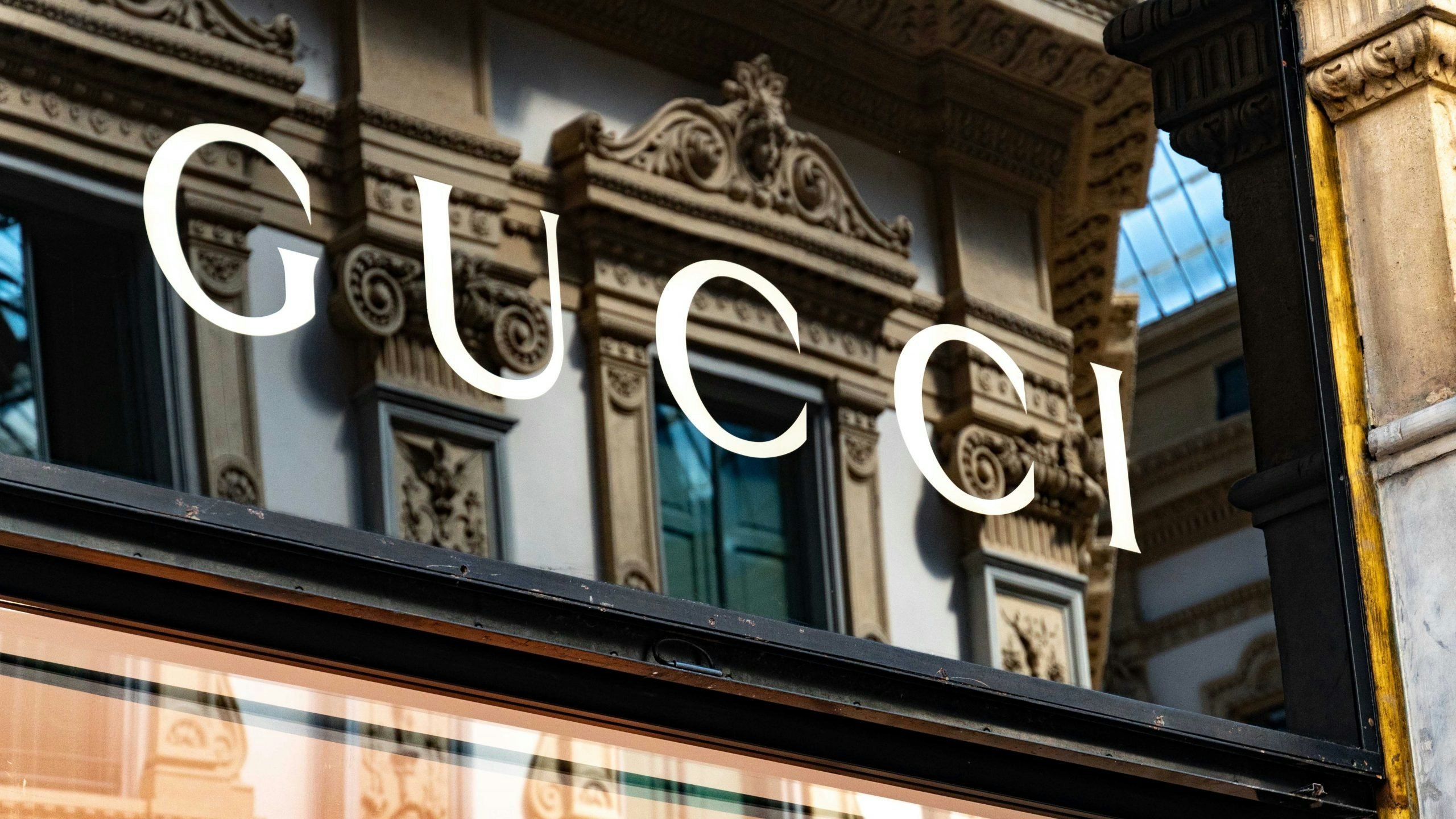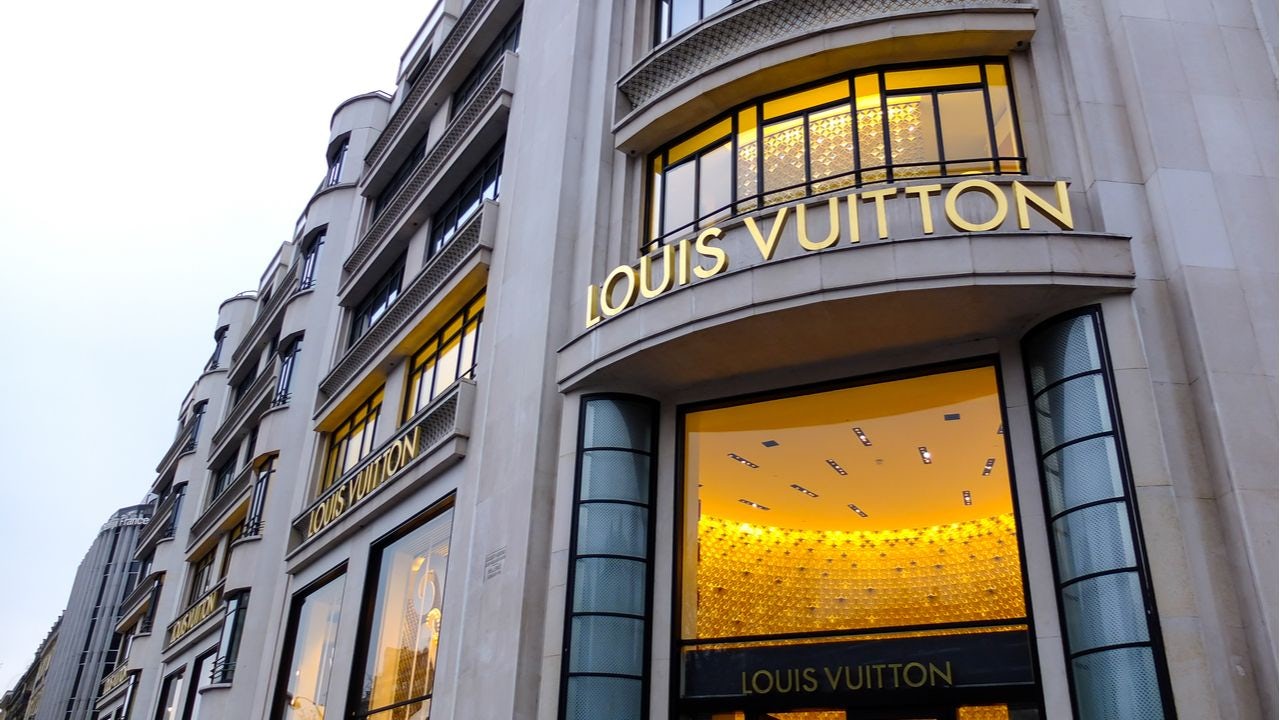Today, Alibaba Group’s The Luxury Pavilion received the ultimate luxury endorsement by announcing that the Italian house Gucci will be available for purchase on the e-commerce site.
Kering’s Gucci will open two digital stores on China’s largest e-tail platform. One will feature all its product categories in fashion, available from December 21, and the other will sell beauty, launching in February 2021 and operated by Coty. Gucci joins over 200 other luxury brands on the platform and will retain control of the visuals and customer experience of the individual digital stores.
Gucci has long been the trophy overseas purchase for young Chinese consumers obsessed with its quirky vintage style. Its pioneering inclusive outlook and digital innovation has made it a top choice with China’s digitally native audiences.
In 2017, Gucci launched its Chinese website, gucci.cn, and since then has been strategically building its market strategy which includes a dynamic presence across all social platforms in China. That year it also started cooperating with Alibaba on the issue of counterfeits.
In the hands of unconventional Creative Director Alessandro Michele, Gucci has bloomed. And despite claims that we have reached ‘Peak Gucci’ the brand continues to snowball. In 2019, it brought in a hefty 60 percent of total revenue for Kering.
In China, the brand has also effectively leveraged KOLs and influencers like Lu Han, Ni Ni, and Yuchun Li. A single celebrity endorsement from Mini Yang is credited with boosting the profile of Gucci’s ‘red and green’ sneakers.

However, like many brands, Gucci has been hard hit by COVID-19 and the resulting slump in global travel. For many brands, the solution has been doubling down on digital. Marco Bizzarri, President and CEO of Gucci, said in a statement that the brand has been focused on the cultivation of a “dedicated Chinese digital ecosystem over the past years.”
This is the next step and aims to offer an “authorized, customized e-commerce experience on the Tmall Luxury Pavilion in partnership with Alibaba.” Additionally, Kering said previously it plans to scale back the brand’s wholesale presence – vowing to reduce it to less than 10 percent over the next year.
This announcement makes clear that Gucci plans to make optimum use of its new retail channel. Unlike Chanel and Dior, which only opened beauty flagship stores on Tmall, in a bold move, Gucci is releasing its entire category on the site.
This show of extreme confidence from Gucci in the Chinese conglomerate is a massive cosign and a very far cry from Kering’s historical opinion of the company – it attempted to sue Alibaba in 2015 but the suit was later withdrawn.
With this partnership, Alibaba’s struggle for legitimacy in the luxury world has now been fully realized. For Gucci, it keeps it close to China’s young consumers. A win-win for both parties. Now, can this move finally open up the digital floodgates for luxury before it gets left behind?

